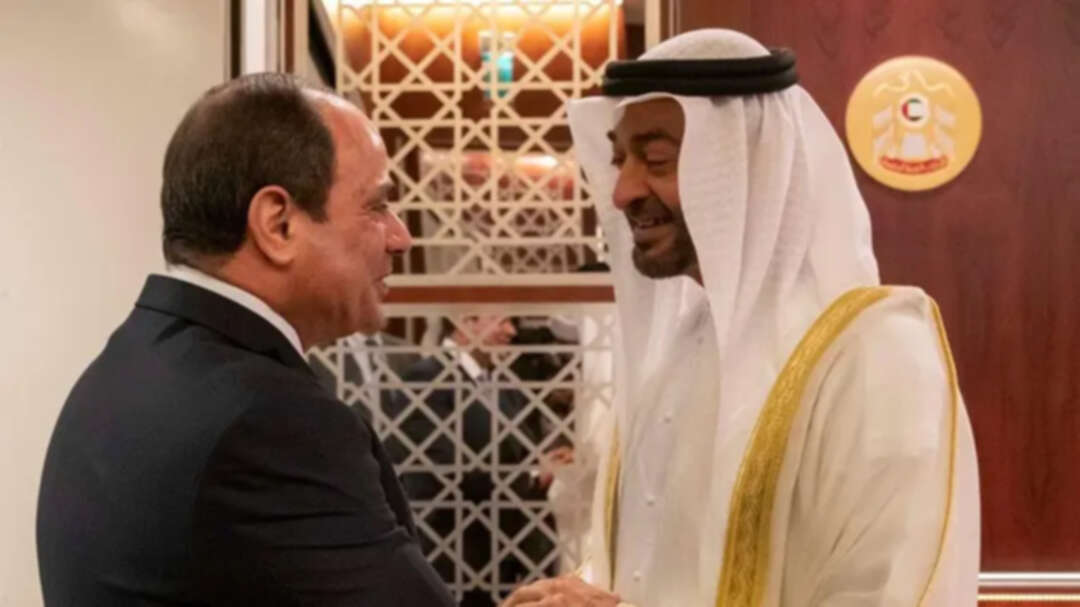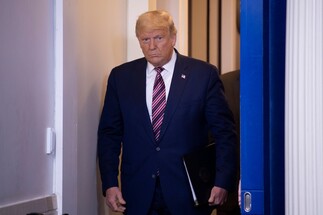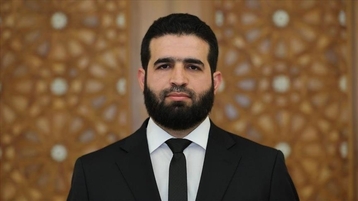-
Egyptian President arrives in UAE for official state visit

Egyptian President Abdel Fatah al-Sisi arrived to the United Arab Emirates on Wednesday for an official state visit with UAE’s Crown Prince and Deputy Supreme Commander of the Armed Forces Sheikh Mohammed bin Zayed Al Nahyan.
Both state leaders will discuss strengthening the two countries’ bilateral relations, as well as recent developments of “common concern” in the Middle East region, according to UAE state news agency WAM.
President Al-Sisi’s visit to the UAE comes as part of the two countries keenness to strengthen relations, as well as cooperation on various issues related to the promotion of “joint Arab action”, WAM said.
Al-Sisi, a former general and defense minister, became president of Egypt in 2014. The partnership between the two countries is seen as strategic for both countries, as well as the region.
Egypt and the UAE inked memorandums of understanding (MoU) in March to focus on ensuring integrated management of water resources, and to address technical cooperation in the field of standard specifications and technical regulations.
The signed other MoUs in the fields of housing, construction and infrastructure. In 2018, Egypt and the UAE also signed a deal for cooperation and to swap experience in the development of government work.
Egyptian authorities embarked on an ambitious economic reform agenda in late 2016, beginning with the central bank removing its support for the Egyptian pound, and allowing the currency to float freely on the market. This move was a requirement of the International Monetary Fund (IMF), which has loaned Egypt $12 billion over the past three years with various conditions attached. Egypt received the final installment of this loan in late July 2019.
Official figures last week showed that the country’s inflation rate dropped to its lowest level in nearly a decade in October as cheaper food offered a respite from the IMF-backed austerity measures.
In a research note in August, Elisa Parisi-Capone, a Moody’s vice president – senior analyst and co-author of the ratings agency’s annual report on Egypt, said, “Over the longer term, the removal of structural obstacles to a more inclusive, private sector-led growth model will be a gradual process that remains exposed to long-standing vested interests or the risk of reform reversal.”
Reform measures appear to have been working. In mid-October, the World Bank announced that it expects real GDP growth for the country to hit 5.8 percent in 2019, up from around 4 percent per year between 2015-2017. The bank expects Egypt to reach 6 percent GDP growth in 2020, and that the country is sustaining its “robust growth.”
You May Also Like
Popular Posts
Caricature
BENEFIT Sponsors BuildHer...
- April 23, 2025
BENEFIT, the Kingdom’s innovator and leading company in Fintech and electronic financial transactions service, has sponsored the BuildHer CityHack 2025 Hackathon, a two-day event spearheaded by the College of Engineering and Technology at the Royal University for Women (RUW).
Aimed at secondary school students, the event brought together a distinguished group of academic professionals and technology experts to mentor and inspire young participants.
More than 100 high school students from across the Kingdom of Bahrain took part in the hackathon, which featured an intensive programme of training workshops and hands-on sessions. These activities were tailored to enhance participants’ critical thinking, collaborative problem-solving, and team-building capabilities, while also encouraging the development of practical and sustainable solutions to contemporary challenges using modern technological tools.
BENEFIT’s Chief Executive Mr. Abdulwahed AlJanahi, commented: “Our support for this educational hackathon reflects our long-term strategic vision to nurture the talents of emerging national youth and empower the next generation of accomplished female leaders in technology. By fostering creativity and innovation, we aim to contribute meaningfully to Bahrain’s comprehensive development goals and align with the aspirations outlined in the Kingdom’s Vision 2030—an ambition in which BENEFIT plays a central role.”
Professor Riyadh Yousif Hamzah, President of the Royal University for Women, commented: “This initiative reflects our commitment to advancing women in STEM fields. We're cultivating a generation of creative, solution-driven female leaders who will drive national development. Our partnership with BENEFIT exemplifies the powerful synergy between academia and private sector in supporting educational innovation.”
Hanan Abdulla Hasan, Senior Manager, PR & Communication at BENEFIT, said: “We are honoured to collaborate with RUW in supporting this remarkable technology-focused event. It highlights our commitment to social responsibility, and our ongoing efforts to enhance the digital and innovation capabilities of young Bahraini women and foster their ability to harness technological tools in the service of a smarter, more sustainable future.”
For his part, Dr. Humam ElAgha, Acting Dean of the College of Engineering and Technology at the University, said: “BuildHer CityHack 2025 embodies our hands-on approach to education. By tackling real-world problems through creative thinking and sustainable solutions, we're preparing women to thrive in the knowledge economy – a cornerstone of the University's vision.”
opinion
Report
ads
Newsletter
Subscribe to our mailing list to get the new updates!






















